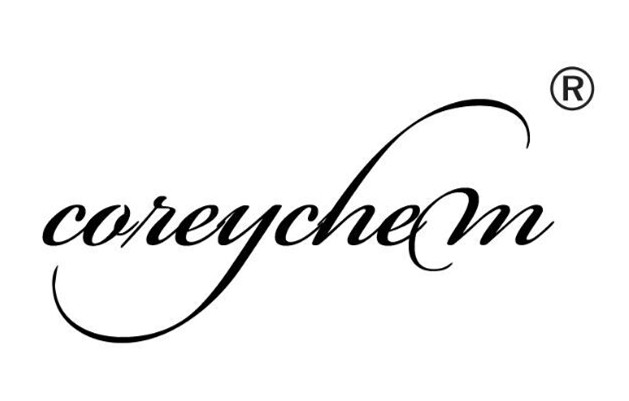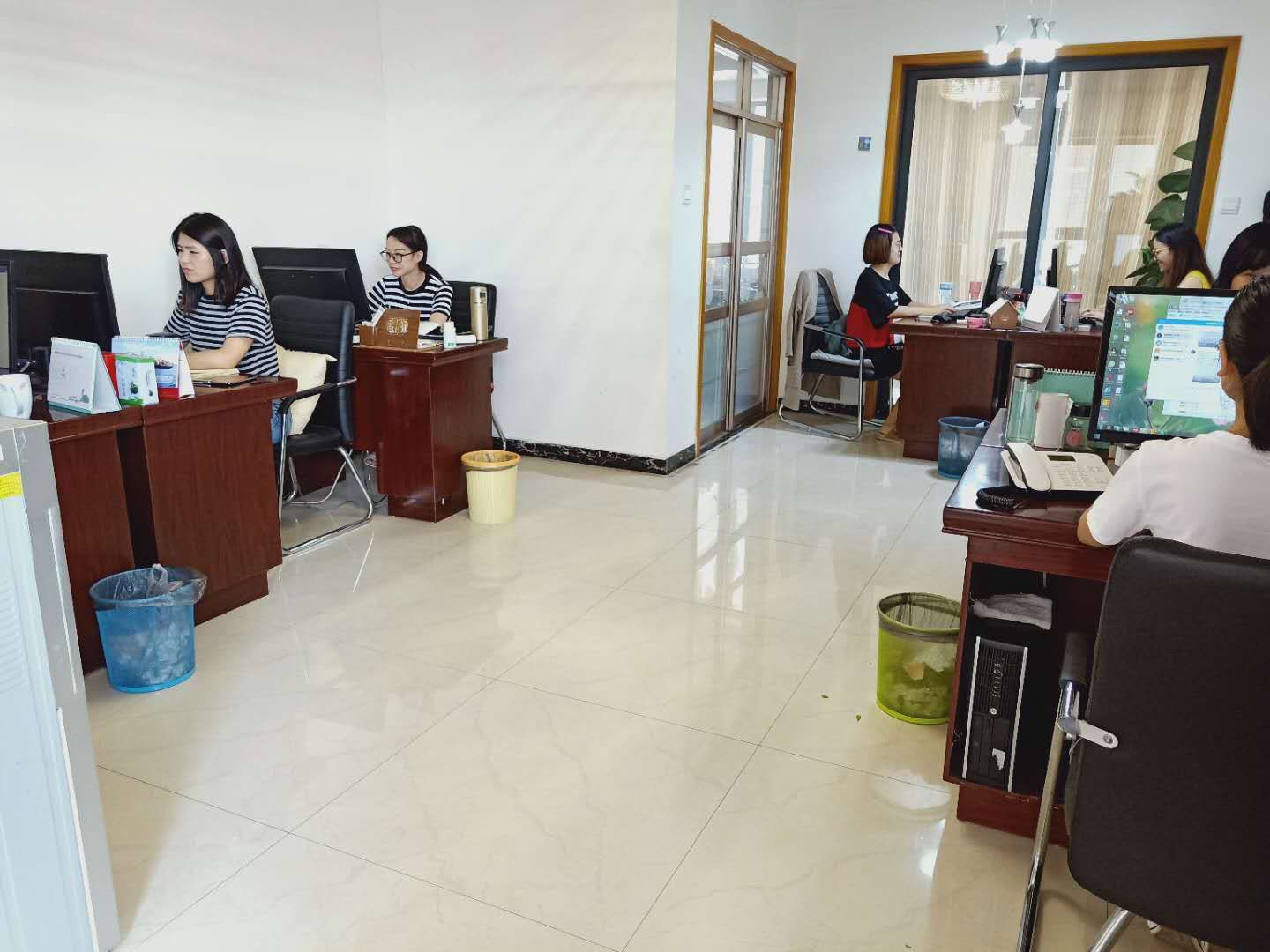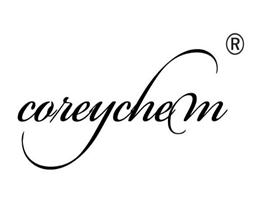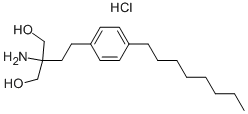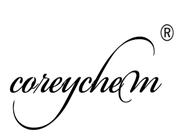| Oral drug for the treatment of multiple sclerosis |
Fingolimod hydrochloride is the first oral drug for the treatment of multiple sclerosis. It is successfully developed by the pharmaceutical company Novartis, and it has been approved for marketing by the US Food and Drug Administration (FDA). The recommended dose is 0.5mg once a day for oral administration.
Multiple sclerosis is a debilitating neurological disease that can cause the patient to lose a sense of balance, appear muscle spasms and other movement disorders. The disease has been treated with injectable drugs. This kind of medication brought great inconvenience to patients.
Fingolimod is a sphingosine-l-phosphate (S1PR) receptor modulator. After phosphorylation, It is bound to s1P receptor that is on the surface of lymphocyte, which will change lymphocyte migration, and promote cells into the lymphatic tissue, and prevent lymphocytes from leaving the lymphoid tissue and get into the graft. Thereby, it will prevent these cells from infiltrating the central nervous system (CNS), which achieves the effect of immunosuppression. According to the drug's introduction, drugmaker Novartis said that this process of pharmacological effects is reversible. If medication is stopped, the level of lymphocytes in circulating system will return to normal.
The above information is edited by the chemicalbook of Kui Ming. |
| Chemical Properties |
White Solid |
| Uses |
A derivative of ISP-1 (myriocin), a fungal metabolite of the Chinese herb Iscaria sinclarii as well as a structural analogue of Sphingosine. It is a novel immune modulator that prolongs allograft transplant survival in numberour models by inhibitin |
| Uses |
A derivative of ISP-1 (myriocin), a fungal metabolite of the Chinese herb Iscaria sinclarii as well as a structural analogue of Sphingosine. t is a novel immune modulator that prolongs allograft transplant survival in numberour models by inhibiting lymphocyte emigration from lymphoid organs. Reported to be phosphorylated by sphingosine kinase to FTY720-P, which has been shown to potently stimulate GTPgS binding activity in S1P-transfected CHO cells (EC50 = 210 pM, 4.9 nM, 4.3 nM, and 1 nM for S1P1, S1P3, S1P4 and S1P5, respectively). |
| Uses |
Oral medicine for the treatment of multiple sclerosis |
| Uses |
FTY720 is a derivative of ISP-1 (myriocin), a fungal metabolite of the Chinese herb Iscaria sinclarii as well as a structural analogue of Sphingosine. FTY720 is a novel immune modulator that prolong s allograft transplant survival in numberour models by inhibiting lymphocyte emigration from lymphoid organs. FTY720 us reported to be phosphorylated by sphingosine kinase to FTY720-P, which has been shown to potently stimulate GTPgS binding activity in S1P-transfected CHO cells (EC50 = 210 pM, 4.9 nM, 4.3 nM, and 1 nM for S1P1, S1P3, S1P4 and S1P5, respectively). |
| Uses |
A cell-permeable aminopropanediol immunosuppressive agent that displays lymphocyte sequestration properties. |
| Definition |
ChEBI: The hydrochloride salt of 2-amino-2-[2-(4-octylphenyl) ethyl]-1,3-propanediol (fingolimod). |
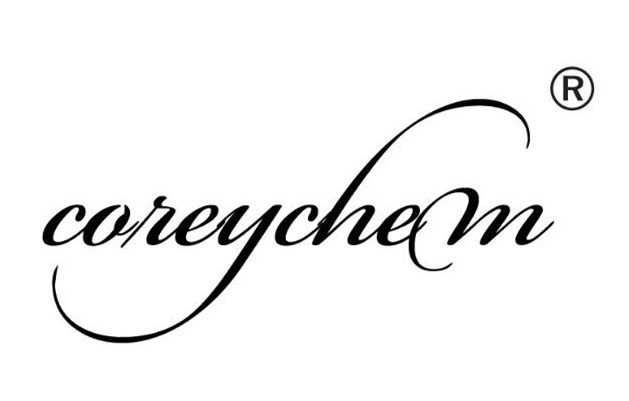
 China
China

